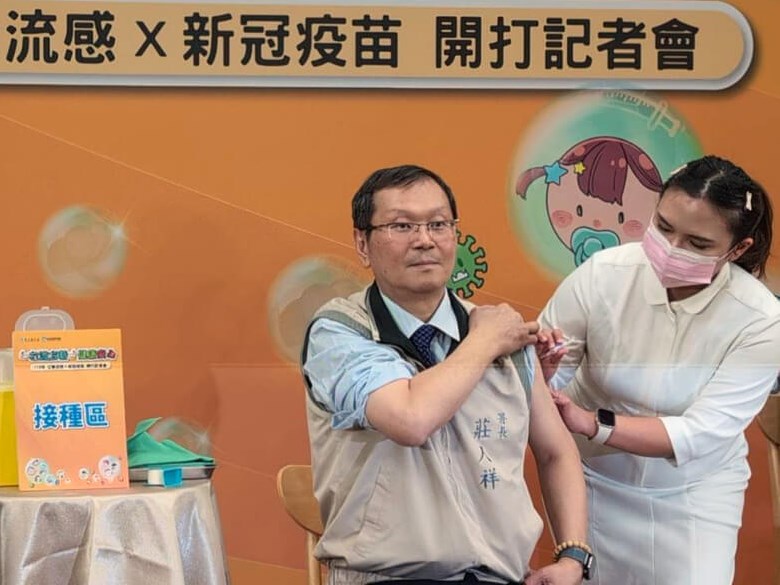The high-profile detention of former Taipei mayor and incumbent Taiwan People's Party (TPP) Chairman Ko Wen-je (柯文哲) was extended for another two months on Friday, as prosecutors continue their investigation into alleged corruption known locally as the "Core Pacific City case."
(Full text of the story is now in CNA English news archive. To view the full story, you will need to be a subscribed member of the CNA archive. To subscribe, please read here.)
More in Q&A
-
![Why is Taiwan's Legislature suddenly talking about cousin marriage?]() Why is Taiwan's Legislature suddenly talking about cousin marriage?Taiwan's Legislative Research Bureau recently issued a report analyzing the possible relaxation of kinship marriage laws, following the high-profile case of a couple in Kaohsiung whose marriage was retroactively dissolved.11/25/2025 05:52 PM
Why is Taiwan's Legislature suddenly talking about cousin marriage?Taiwan's Legislative Research Bureau recently issued a report analyzing the possible relaxation of kinship marriage laws, following the high-profile case of a couple in Kaohsiung whose marriage was retroactively dissolved.11/25/2025 05:52 PM -
![Taiwan's free flu and COVID-19 vaccination program]() Taiwan's free flu and COVID-19 vaccination programTaiwan kicked off its free influenza and COVID-19 vaccination program at hospitals and other medical facilities across the country on Tuesday.10/01/2024 03:58 PM
Taiwan's free flu and COVID-19 vaccination programTaiwan kicked off its free influenza and COVID-19 vaccination program at hospitals and other medical facilities across the country on Tuesday.10/01/2024 03:58 PM -
![How dangerous are hornet attacks in Taiwan?]() How dangerous are hornet attacks in Taiwan?A 41-year-old man died after being attacked by hornets in Taitung County, southeastern Taiwan, last week. He had been guiding a group of students on a hike on Jinshuiying Old Trail when a swarm descended on him and stung him more than 50 times.08/28/2024 03:30 PM
How dangerous are hornet attacks in Taiwan?A 41-year-old man died after being attacked by hornets in Taitung County, southeastern Taiwan, last week. He had been guiding a group of students on a hike on Jinshuiying Old Trail when a swarm descended on him and stung him more than 50 times.08/28/2024 03:30 PM
Latest
-
Business
Taiwan shares close flat
02/26/2026 01:56 PM -
Sports
Cubs prospect Jonathon Long to withdraw from Team Taiwan at WBC due to injury
02/26/2026 12:42 PM -
Business
U.S. dollar down in Taipei trading
02/26/2026 11:29 AM -
Politics
Taiwan's top envoy to Australia seeks cooperation on minerals, drones
02/26/2026 11:16 AM -
Society
Cooler weather, rain forecast for 228 holiday weekend
02/26/2026 10:13 AM


